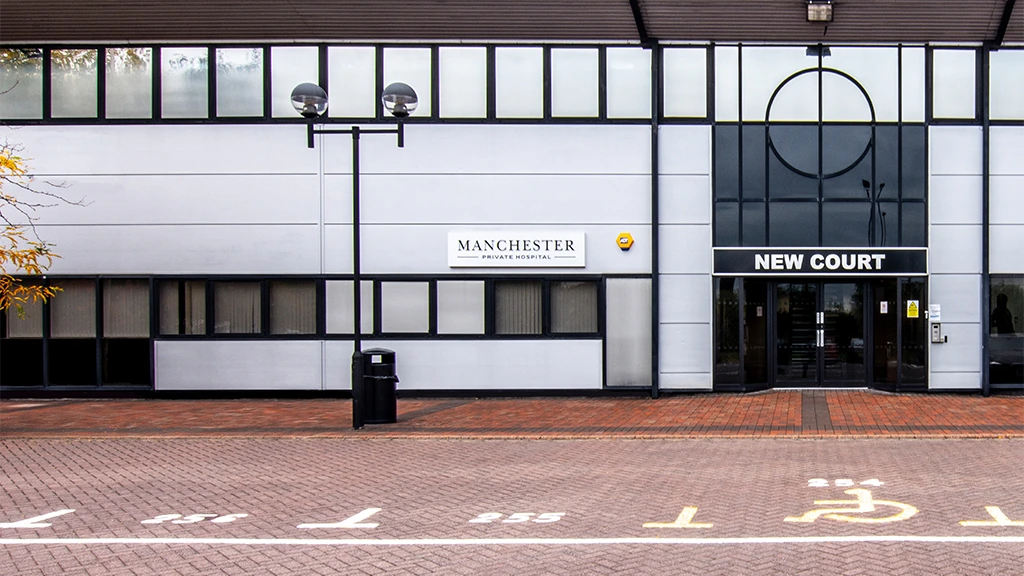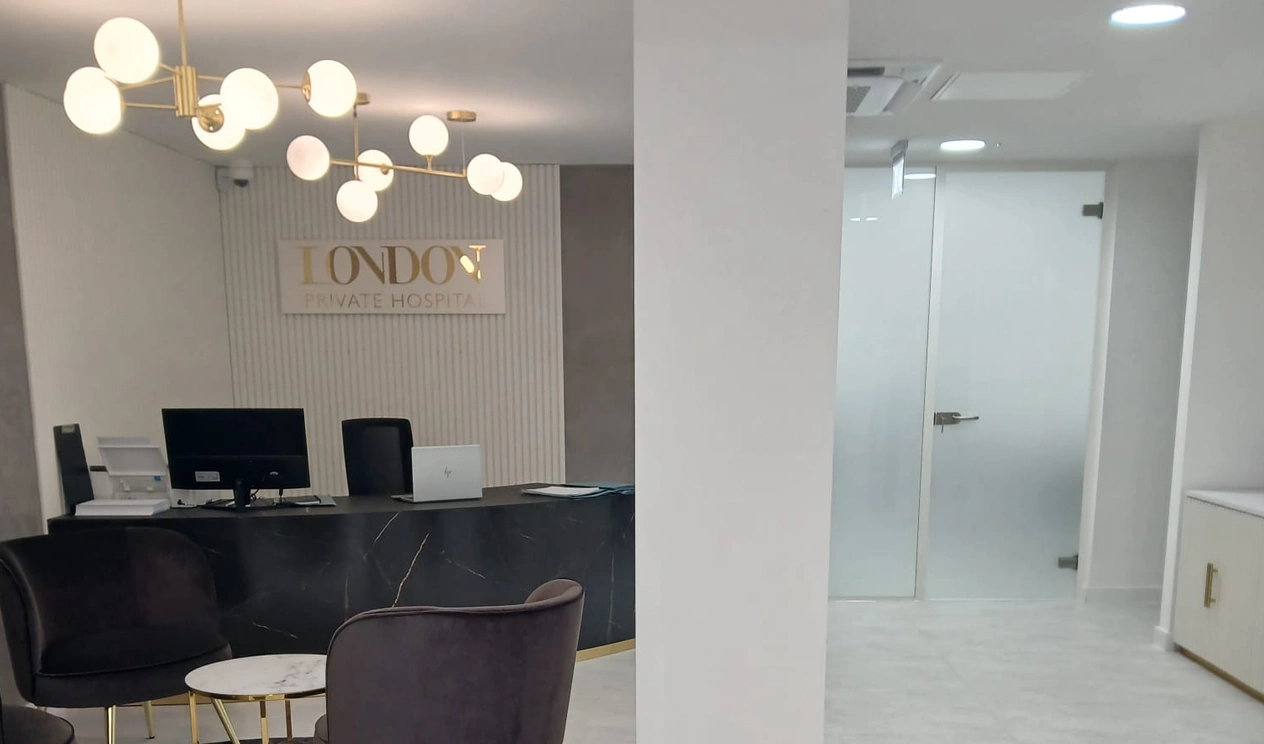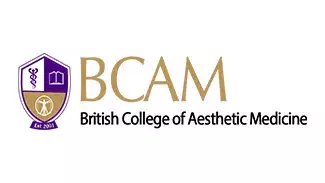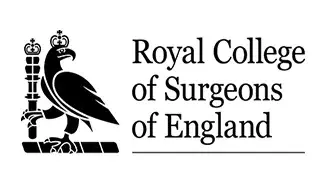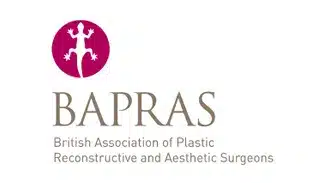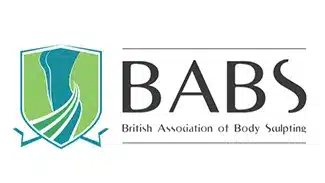This Article Covers:
- What are the aims of a tummy tuck?
- What are the aims of a tummy tuck?
- Tummy tucks and weight loss
- What happens during the surgery?
- How long will recovery take?
- Are there any risks?
- Complications and side effects
- How much does a tummy tuck cost?
- Choosing a tummy tuck at Manchester Private Hospital
- Book your tummy tuck consultation today
What are the aims of a tummy tuck?
Simply put, a tummy tuck aims to reduce the size of the stomach, making it flatter and more firm in the process.
This result is achieved by removing the excess fat and skin from the middle and lower areas of the abdomen. The procedure may also involve tightening the muscles and tissues of the abdominal wall.
Anyone can have a tummy tuck, though most patients are women. This can be due to self-esteem issues which can occur due to weight loss, childbirth or the natural process of ageing.
Depending on the effect a patient wants to achieve, there are three main options:
- partial (mini) abdominoplasty
- complete (full) abdominoplasty
- extended abdominoplasty
Sometimes an abdominoplasty can be combined with other surgeries such as a liposuction or thigh lift.
What are the aims of a tummy tuck?
Patients can have a number of reasons for looking into having a tummy tuck. One of the most common ones is an excess of loose skin around the abdomen due to weight loss through diet and exercise. This can cause self-consciousness, especially when wearing certain types of clothing.
Some of the reasons patients choose an abdominoplasty include:
- removing loose skin after weight loss / childbirth
- tightening muscles / skin after pregnancy
- correcting abdominal scarring from injury, surgery or illness
- removing stretch marks
- flattening the abdomen
- removing stubborn fat / skin that cannot be removed through diet or exercise
- correcting weak muscles and improving posture.
Tummy tucks and weight loss
It is important to consider that a tummy tuck is not a procedure which aids weight loss. Rather, it can be seen as a complimentary procedure through weight loss achieved by diet and exercise.
Having an abdominoplasty will not prevent you from gaining weight in the future. That’s why at Manchester Private Hospital, we’d recommend that if you are undergoing a weightloss programme, you should achieve your desired weight before opting for a surgical procedure like a tummy tuck.
What happens during the surgery?
Abdominoplasty surgeries are carried out frequently. The procedure is carried out under general anaesthetic.
A partial abdominoplasty involves making a large incision across the lower tummy. The surgeon then separates the skin from the abdominal wall below the belly button. Excess fat and skin is removed, and the remaining skin is pulled together and stitched into place.
A full abdominoplasty involves making a large incision from hip to hip above the pubic area, followed by a second incision to free the belly button from the surrounding tissue. Skin is separated from the abdominal wall, and the abdominal muscles are realigned. Excess fat and skin is removed. The surgeon then cuts a new hole for the belly button which is stitched back into place, and the remaining skin is pulled together and stitched into place too.
An extended abdominoplasty combines this with other procedures such as liposuction or a thigh lift. The procedure can take between two and five hours.
How long will recovery take?
There will be some pain when you wake up from general anaesthetic. Painkilling medicine will be given as required. You’ll be required to spend a few nights in hospital.
Following a tummy tuck, you will be given a tailored aftercare plan that you must follow in order to get the most out of your surgery and assist in the healing process.
The aftercare plan will depend on the type of tummy tuck you have and the extent of your surgery.
Dressings and bandages are applied to the lower abdomen and very thin tubes (drains) may also be present in the wound. The tubes are to drain fluid and will be removed before you are discharged.
Some patients may also be on a drip to ensure you stay hydrated and to administer any medications that are needed. However, if you are able to drink adequate amounts of fluid then a drip may not be required. Your surgeon will discuss this with you during your consultation as they outline the extent of the operation.
The recovery process takes about six weeks. During this period, you should:
- rest in bed at home for the first 1-3 days
- get up and walk around as soon as it is comfortable to do so
- don’t be scared to get out of bed and go to the toilet
- avoid strenuous activity and stretching
- take up to 4 weeks off work depending on your job role
- gradually increase activity levels from light walking around the home to going up and down the stairs
- do not go walking outside of the house for longer than 10 minutes in the first few days/weeks
- avoid sports and heavy lifting for up to 2 months
- paracetamol and ibuprofen are fine to take to ease pain
- wear support clothing if advised by your consultant.
Are there any risks?
Like all surgical procedures, a tummy tuck comes with risks. Abdominoplasty can occasionally result in:
- thick, obvious scars developing
- bulges under the skin
- “dog ears” (extra skin) at the edges of the scar
- wounds failing to heal
- a collection of fluid in the area that was operated on
- a collection of blood underneath the skin (haematoma)
- numbness or pain in the tummy or down the leg
- tummy cramps or pain
- breathing problems.
Any type of operation also carries a small risk of:
- excessive bleeding
- developing a blood clot in a vein
- infection
- an allergic reaction to the anaesthetic (very rare).
Complications and side effects
Possible complications and side effects will be fully explained to you during your consultation. They can include:
- numb feeling in the abdomen
- skin sensitivity
- swelling
- scars
- bruising
- pain.
These symptoms should ease and improve within the first few days of recovery. Some longer term swelling may be present in the following 1-3 weeks, but should ease completely within 2-3 months.
How much does a tummy tuck cost?
Like any procedure, the cost of a tummy tuck can vary. In the UK, you can expect to pay between £8,000 – £12,000.
Choosing a tummy tuck at Manchester Private Hospital
Consultations at Manchester Private Hospital are thorough and professional. We’ll undertake a full medical assessment based on your age, body type and medical history. We’ll take into consideration your desired goals, and give an honest and upfront opinion on whether the procedure is best for you, or if an alternative surgery might provide the desired results. Crucially, Manchester Private Hospital is a pressure-free environment, meaning you’ll be informed and in control at every stage.
The team at Manchester Private Hospital will make sure your experience is comfortable and safe. Our surgeons have decades of combined experience in cosmetic surgery, and our patient-centred approach means procedures are designed around you and your goals. Our facility is designed for a comfortable recovery, and our team is focussed on allowing you to recover fully in the comfort of your own home.
Book your tummy tuck consultation today
To find out if a tummy tuck is for you, book your consultation, and speak to one of our surgeons who has been performing the procedure for many years.
Tummy Tuck Before and After Gallery
Read Our Patient Reviews
Explore our reviews made by real patients
Meet Our Expert Surgeons
Get to know our highly experienced surgeons
Consultation Locations
We offer Consultations from a number of locations around the UK
Prices and finance
We have partnered with Chrysalis Finance, allowing patients to apply for cosmetic surgery finance for all our procedures
Consultation Locations
Manchester Hospital
Manchester Private Hospital New Court, Regents Place, Windsor
Street Salford, Greater Manchester, M5 4HB.
